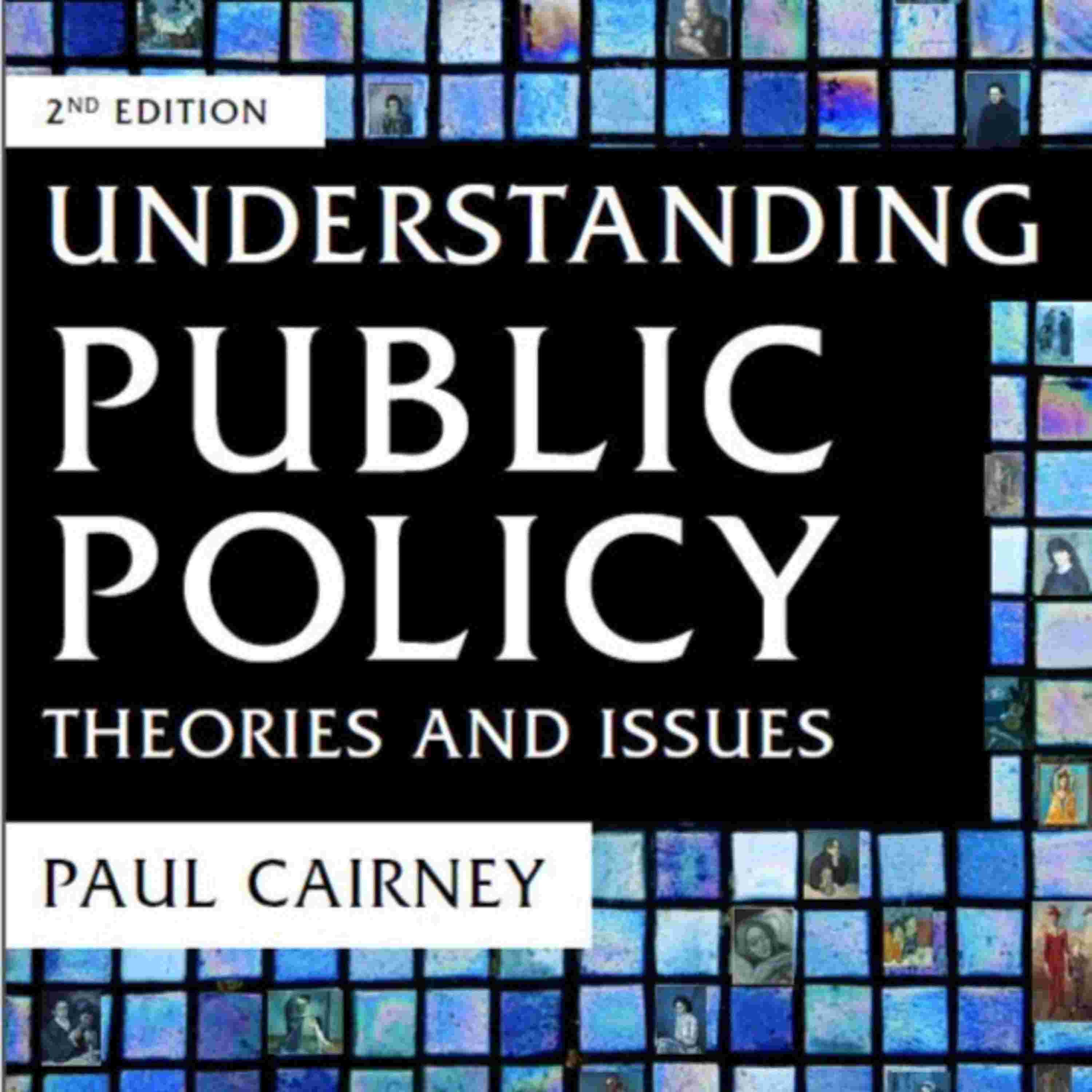

From Policy Concepts in 1000 Words: Evolution
Evolutionary theory is prevalent in policymaking studies and it can be useful if we overcome some initial barriers. First, ‘evolution’ comes with a lot of baggage when we move from a discussion of animals to people. We can blame ‘social-Darwinism’ for the racist/ sexist idea that some people are more evolved than others.
Second, the word ‘evolution’ is used frequently in daily life, and academic studies, without a clear sense of its meaning. When it is used loosely in everyday language, it refers to a long term, gradual process of change. However, evolution can also refer to quick, dramatic change; the idea of ‘punctuated equilibrium’ is that long spells of stability and gradual change are interrupted by relatively short but profound bursts of instability. When we get into the details of studies, there are other sources of potential confusion about, for example, the nature of evolution (does it refer to advancement as well as change?) and the nature of ‘selection’ (do species simply respond blindly to their environments or help create them?).
This sort of confusion can be found in the study of public policy where evolution can refer to a wide range of things, including:
The most prominent theories of politics and policymaking draw on references to evolution in different ways. For example:
...
To describe these processes as ‘evolutionary’, we should use the language of evolution – variation, selection and retention – to describe and explain outcomes. The idea in the natural world is that certain beings (including humans) want to do at least two things: (1) pass on their genes; (2) cooperate with others to secure resources and share them out to their kith and kin. In the political world, the equivalent is passing on ‘memes’ (as described in the 70s by Richard Dawkins) – the ideas (beliefs, ways of thinking) that we use to understand the world and act within it:
The distinctive aspect of applying evolutionary theory to policymaking relates to the idea of passing on memes through the generations.
...
For more see Policy Concepts in 1000 Words: Evolution